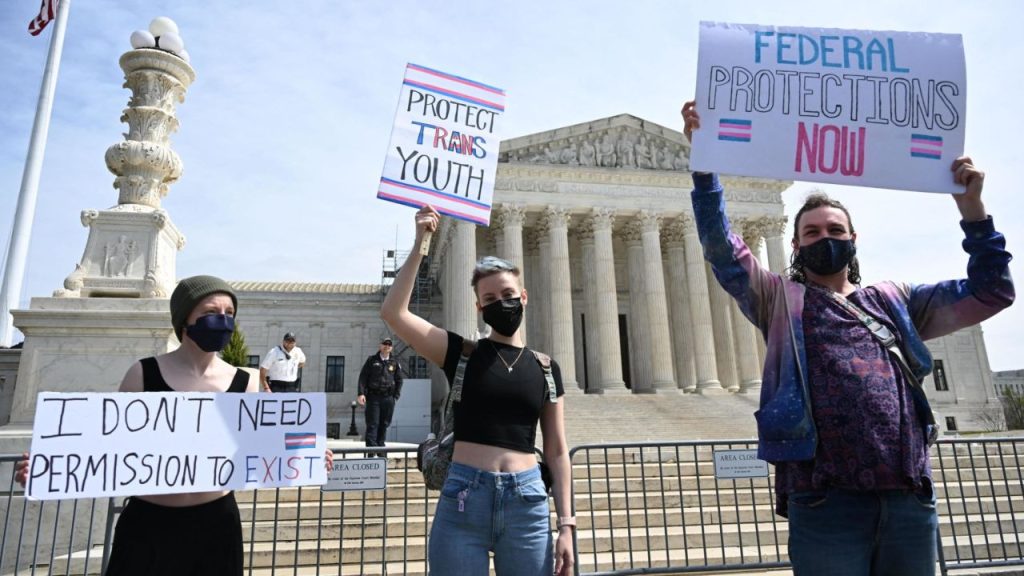Abortion measures on the ballot in several states in the 2024 U.S. election

Abortion measures on the ballot in several states in the 2024 U.S. election have brought the deeply divisive issue of reproductive rights back to the forefront of American politics. In states like Florida, Missouri, and Arizona, voters will have the opportunity to shape the future of abortion access, each decision reflecting the political and social climate of that state. These ballot measures come in the wake of the U.S. Supreme Court’s 2022 decision to overturn *Roe v. Wade*, which had previously protected a constitutional right to abortion nationwide.
In Florida, a significant battle is underway regarding the future of abortion rights in the state. A proposed constitutional amendment aims to restore access to abortion up to 24 weeks of pregnancy. The amendment has gained significant momentum, fueled by growing concern over restrictions imposed by Republican-led state legislatures following the *Dobbs* decision. Florida’s Republican Governor, Ron DeSantis, and the state legislature have been key proponents of a law that bans most abortions after 15 weeks, without exceptions for rape or incest. The measure on the ballot represents a direct challenge to that policy, with proponents arguing that the state constitution should safeguard women’s autonomy over their reproductive choices. Polling indicates that there is significant support for abortion access among Florida voters, but the outcome remains uncertain as both sides prepare for a contentious campaign.
Missouri, which has enacted some of the strictest abortion laws in the country, is also holding a crucial vote on abortion rights. Voters in Missouri will decide whether to enshrine abortion protections in the state constitution. Following the *Dobbs* decision, Missouri swiftly implemented a near-total ban on abortions, with few exceptions. The ballot measure in Missouri represents a push by abortion rights advocates to protect access to the procedure and prevent future bans. With a deeply conservative state legislature and a governor who strongly opposes abortion rights, supporters of the amendment view this as a pivotal moment in the battle for reproductive freedoms. However, opposition to the measure remains strong, with anti-abortion groups warning that such protections could encourage more abortions and undermine the state’s pro-life stance.
Arizona’s ballot measure is equally important, as voters will decide whether to approve a proposed law that would guarantee access to abortion services, even if Roe’s protections were reinstated at the federal level. Arizona’s legislature has been increasingly hostile toward abortion rights, with lawmakers passing laws restricting the procedure in recent years. The proposed measure is a counterweight to these efforts, aiming to protect reproductive freedoms regardless of what happens at the national level. However, as in other states, opponents of abortion rights have mounted a vigorous campaign against the measure, arguing that it could lead to more abortions and undermine the state’s moral values.
The outcome of these votes will not only have significant implications for the individuals seeking reproductive healthcare in those states but also serve as a bellwether for the broader national conversation about abortion rights. With the *Dobbs* decision shifting the balance of power to state governments, these ballot measures reflect a growing polarization over the issue, with some states leaning toward expanding abortion access and others tightening restrictions. Nationally, the issue of abortion has become a key point of division between the political parties, with Democrats generally advocating for stronger abortion protections and Republicans seeking to limit access.
In this context, the results of these state-level measures could influence national campaigns, particularly as they pertain to the upcoming 2024 presidential election. The issue of abortion has already played a prominent role in the campaigns of key candidates, and the results of these state ballots could serve as a potent reminder of how critical the battle over reproductive rights has become in shaping America’s political future.
For now, all eyes are on Florida, Missouri, and Arizona, as voters in these states prepare to make choices that will echo far beyond their borders, shaping the future of abortion rights in America. The outcome of these votes will not only affect millions of women but will also be a key indicator of where the American electorate stands on one of the most divisive issues in modern U.S. politics.






